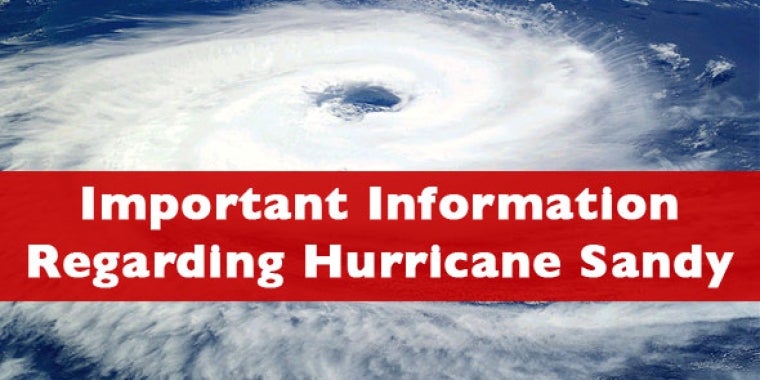
CYBERBULLYING: ANOTHER CRY FOR HELP - By Senator Steve Saland
Stephen M. Saland
October 4, 2011
-
ISSUE:
- Victims
In the wake of the most recent publicized tragedy in which a young boy, merely 14 years old, took his life to escape bullying, we must consider our response to the torment this child must have suffered. We know too well that as horrid as this occurrence was, it does not stand in isolation.
While some may advocate for stronger laws that would impose a criminal penalty on bullies, it is even more important that we address acts of bullying before it escalates to the point of no return.
Jamey Rodemeyer was victimized. According to news accounts he was repeatedly bullied, belittled and verbally attacked on social networking sites. Friends and family recognized his pain and reported it the school.
Unless the bullying occurred on school grounds or at a school function, however, school districts ability to discipline students for inappropriate or egregious acts is limited. It is critical that we give schools the tools necessary to intervene and take action.
Jamey’s suffering appears to have begun when he was in middle school. At this age, adolescents are often struggling with a myriad of internal issues and to face an onslaught of mean-spirited, vindictive attacks must be immeasurably difficult for young teens. While parents and youth should certainly be encouraged to communicate with each other, parents at times need the support of school officials to protect children and reinforce that bullying cannot and should not be tolerated.
As the former Chair of the Senate Committee on Children and Families and the Senate Education Committee and presently the Chair of the Senate Codes Committee which oversees criminal justice policy, I have had the opportunity to hear from parents, school officials and law enforcement on the issues of bullying. All report that bullying seems to have escalated with the onslaught of technology as the choice tool of communication among youth. Technology offers a means for faceless communication and for troubled youths, this can lend itself to an easier method for callous exchanges. In addition, parents, school officials and law enforcement have expressed frustration with the inability to address cyberbullying when it occurs outside of school. Often it does not rise to the level of a crime, but it may rise to a level where a child is crying for help and we should be able to respond to that cry.
I have introduced and passed legislation in the State Senate with overwhelming bipartisan support which would require the reporting of bullying to school officials even if that bullying occurred off school grounds. If a child is fearful of attending school or suffering emotionally from acts of bullying and their education is impacted, once reported, the school would have an obligation to address the bullying behavior and apply the disciplinary measures defined in their Code of Conduct.
Children should feel safe at home and at school and we have an obligation to insulate and protect them from harm. As important, children need to be taught that bullying is unacceptable and will not be tolerated. This message should be reinforced by parents and in school.
Neither the public, nor the Legislature, can turn a blind eye to bullying. It’s debilitating, destructive, abusive, and as shown by the terribly tragic of young Jamey, it can be fatal.
Share this Article or Press Release
Newsroom
Go to NewsroomHurricane Sandy Update: Gas Prices
November 5, 2012
Hurricane Sandy Update 11/1/12
November 1, 2012
Hurricane Sandy Update
October 29, 2012
Hurricane Sandy Storm Tracker
October 27, 2012
